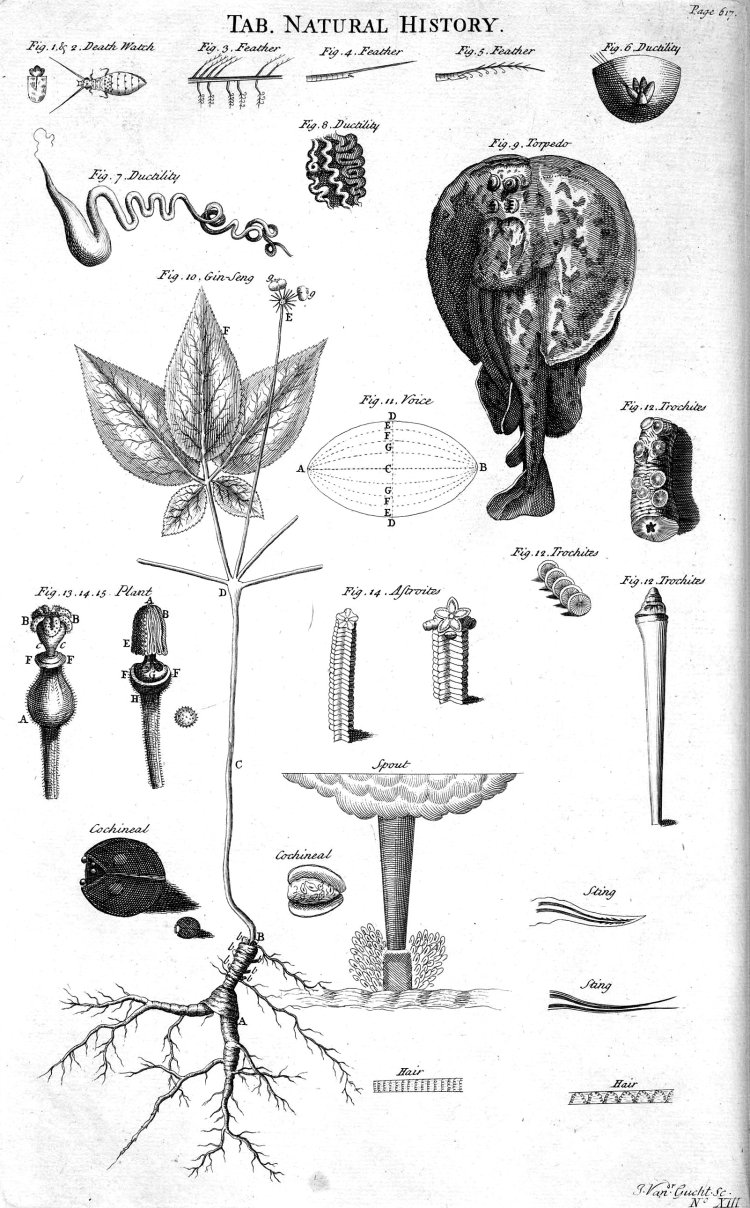Modern anthropology as an outgrowth of the Age of Enlightenment (1715–89)
It took 25 years for Immanuel Kant (1724-1804) to write one of the first major treatises on anthropology, Anthropology from a Pragmatic Point of View (1798), which treats it as a branch of philosophy. Immanuel Kant (1724-1804) is not generally considered to be a modern anthropologist, as he never left his region of Germany, nor did he study any cultures besides his own. He did, however, begin teaching an annual course in anthropology in 1772.

Many scholars consider modern anthropology as an outgrowth of the Age of Enlightenment (1715–89), a period when Europeans attempted to study human behaviour systematically, the known varieties of which had been increasing since the fifteenth century as a result of the first European colonization wave.
The traditions of jurisprudence, history, philology, and sociology then evolved into something more closely resembling the modern views of these disciplines and informed the development of the social sciences, of which anthropology was a part.
It took 25 years for Immanuel Kant (1724-1804) to write one of the first major treatises on anthropology, Anthropology from a Pragmatic Point of View (1798), which treats it as a branch of philosophy.
Immanuel Kant (1724-1804) is not generally considered to be a modern anthropologist, as he never left his region of Germany, nor did he study any cultures besides his own. He did, however, begin teaching an annual course in anthropology in 1772.
Developments in the systematic study of ancient civilizations through the disciplines of Classics and Egyptology informed both archaeology and eventually social anthropology, as did the study of East and South Asian languages and cultures.
At the same time, the Romantic reaction to the Enlightenment produced thinkers, such as Johann Gottfried Herder and later Wilhelm Dilthey, whose work formed the basis for the "culture concept", which is central to the discipline.
Institutionally, anthropology emerged from the development of natural history (expounded by authors such as Buffon) that occurred during the European colonization of the seventeenth, eighteenth, nineteenth and twentieth centuries.
Programs of ethnographic study originated in this era as the study of the "human primitives" overseen by colonial administrations.
There was a tendency in late eighteenth-century Enlightenment thought to understand human society as natural phenomena that behaved according to certain principles and that could be observed empirically.
In some ways, studying the language, culture, physiology, and artefacts of European colonies was not unlike studying the flora and fauna of those places.
Early anthropology was divided between proponents of unilineal, who argued that all societies passed through a single evolutionary process, from the most primitive to the most advanced, and various forms of non-linear theorists, who tended to subscribe to ideas such as diffusionism.
Most nineteenth-century social theorists, including anthropologists, viewed non-European societies as windows onto the pre-industrial human past.
What's Your Reaction?








































































